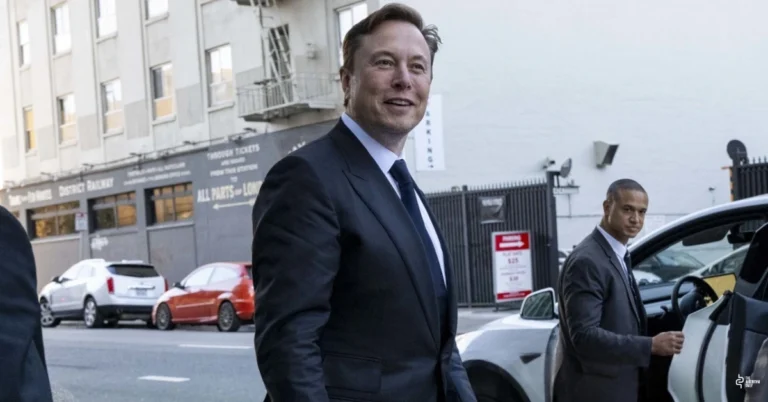Meta has unveiled plans for a new data centre, named Hyperion, which will supply its AI lab with a staggering five gigawatts (GW) of computational power. CEO Mark Zuckerberg shared the news on Monday, emphasising the importance of the centre in Meta’s strategy to compete with giants like OpenAI and Google in the AI race. Hyperion will be built in Louisiana, likely in Richland Parish, where Meta previously announced a $10 billion investment. The data centre is expected to begin operating with 2 GW by 2030, scaling up to 5 GW in the years that follow.
This announcement marks Meta’s continued focus on AI as the company seeks to strengthen its computational capabilities. Zuckerberg also revealed plans to launch a 1 GW super cluster named Prometheus by 2026, making Meta one of the first tech companies to control such a large AI-focused data centre. These investments are aimed at giving Meta a competitive edge in training and deploying leading AI models, which could also help attract top talent to the company.
However, the expansion of such large-scale data centres is not without controversy. The massive power needs of Hyperion and Prometheus are expected to draw significant amounts of electricity and water, which could strain local resources. In Newton County, Georgia, one of Meta’s existing data centres has caused water shortages for residents. Other AI data centre projects, such as CoreWeave’s expansion near Dallas, are expected to place similar demands on the energy grid.
Despite these challenges, the tech industry is continuing its push to build vast data infrastructures to power AI advancements. Other companies, including OpenAI and xAI, have similar data centre projects under development, with some projects backed by government support. U.S. Secretary of Energy Chris Wright has called for increased energy production to support the growing demand from AI technologies, acknowledging that AI is becoming one of the most energy-intensive industries.
The rapid growth of AI infrastructure is set to consume an increasing share of energy resources. Experts predict that data centres could account for 20% of the U.S. energy consumption by 2030, up from just 2.5% in 2022. As AI continues to evolve, both the benefits and the challenges of these technologies will shape the future of the tech industry and its environmental impact.
📲 Get the latest Tech & Startup News on our WhatsApp Channel
👉 Join Now



